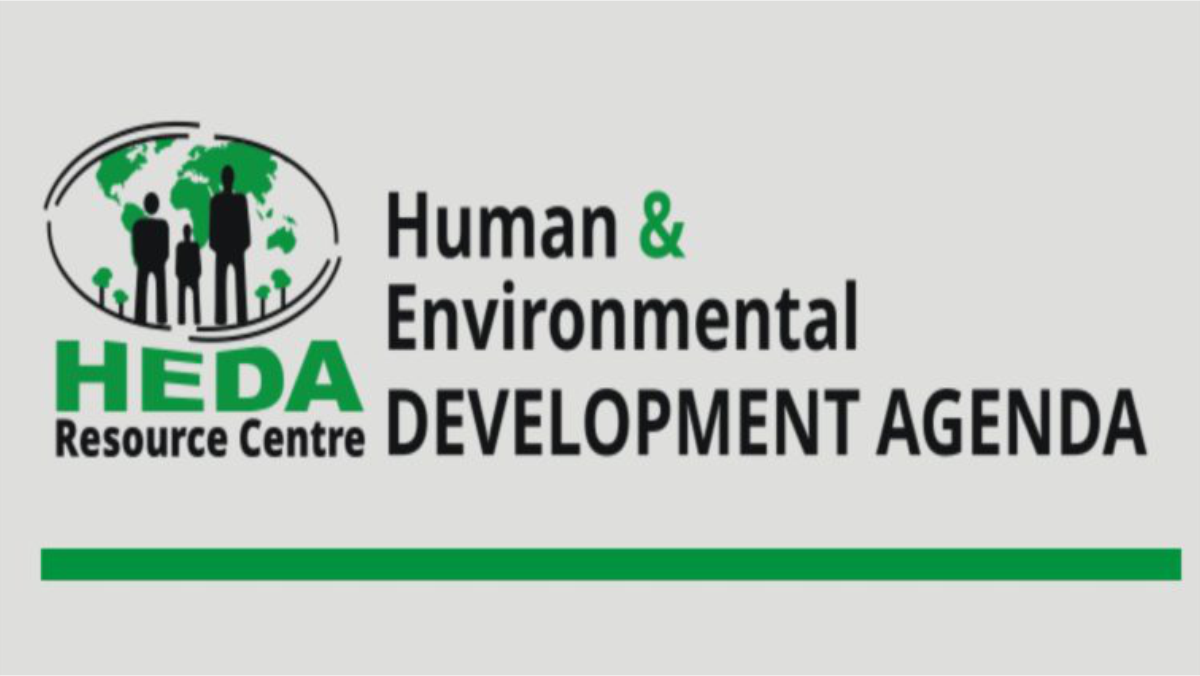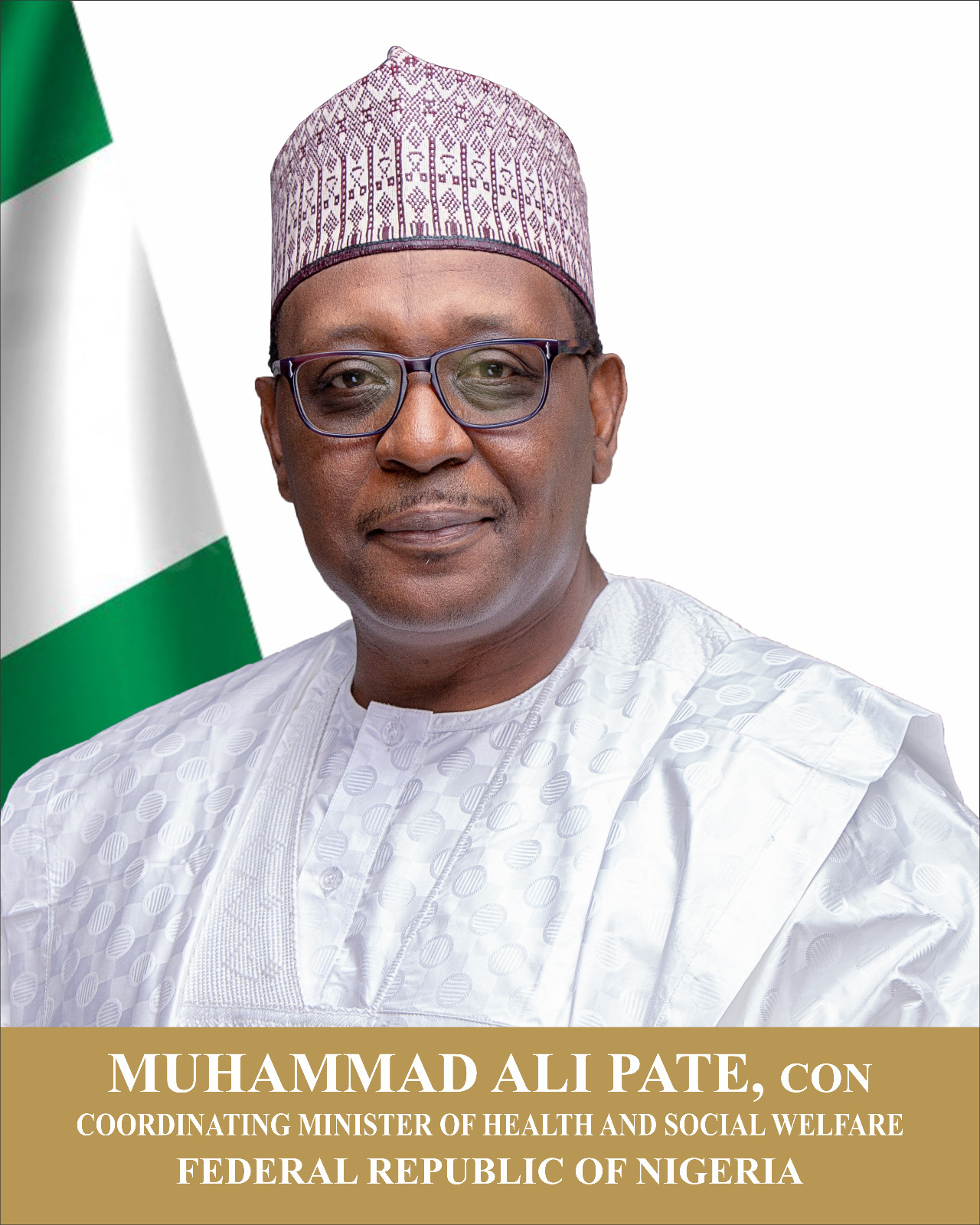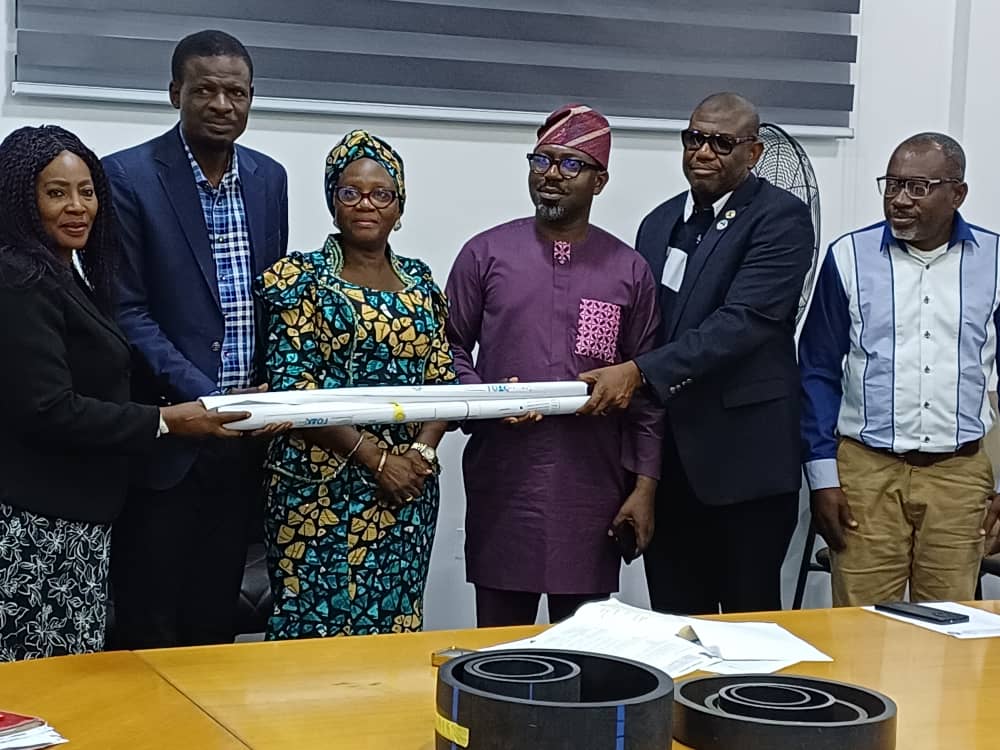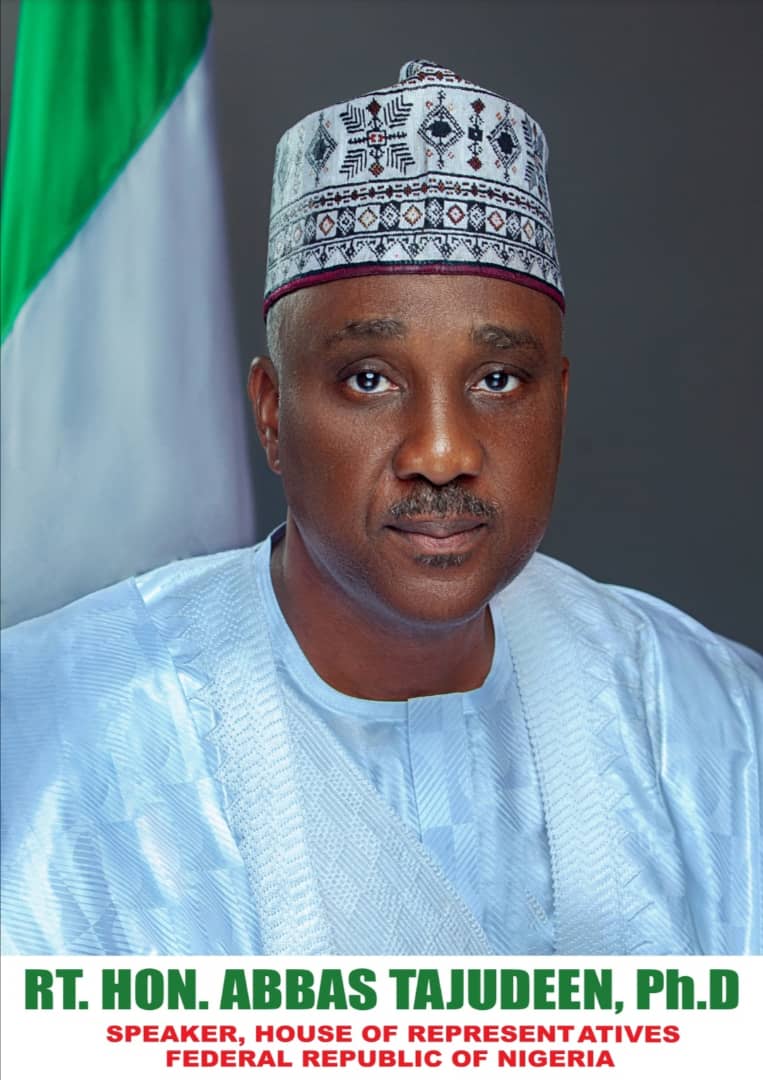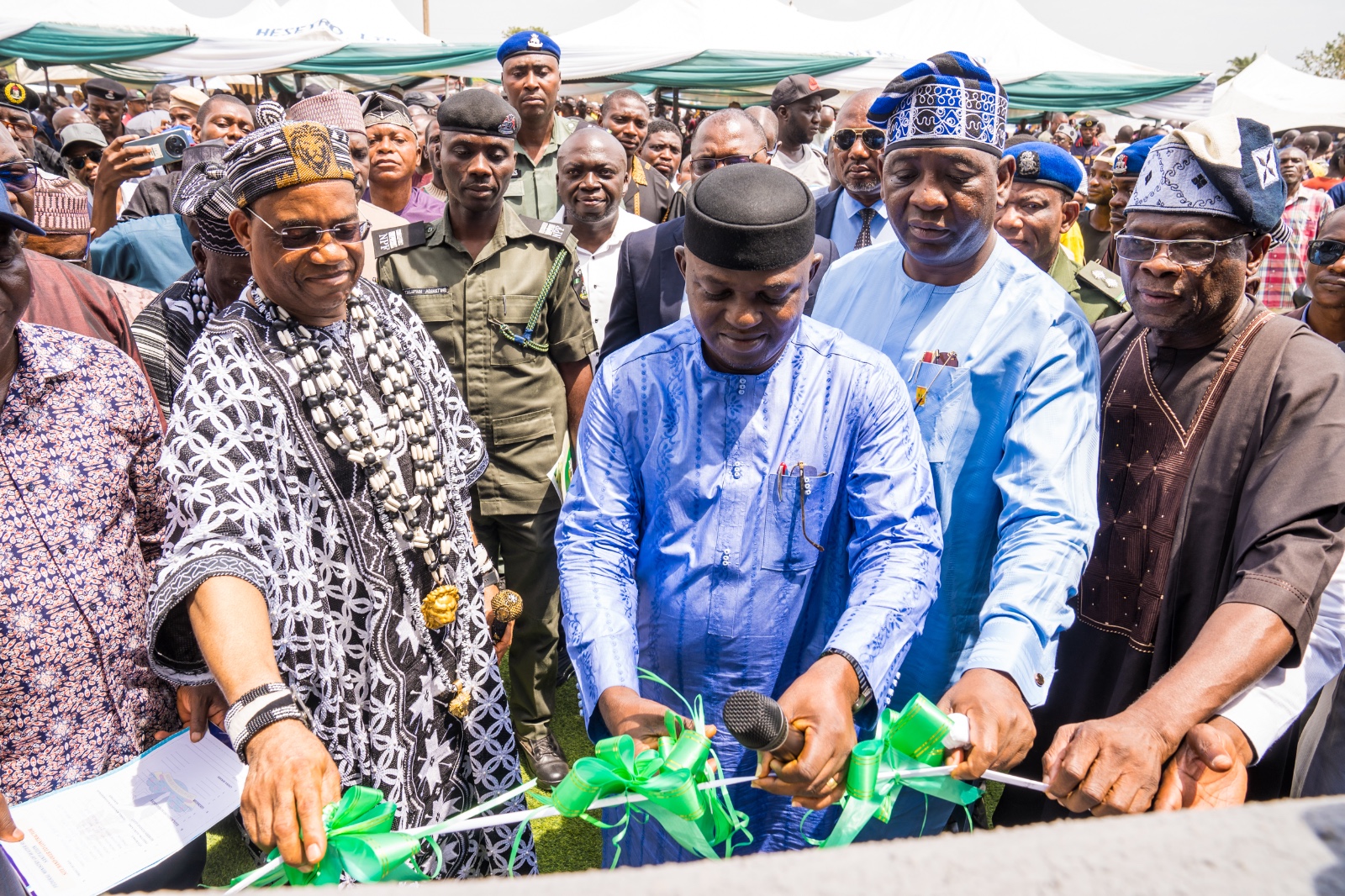Tinubu Driving Responsible Borrowing to Tackle Nigeria’s Debt Burden — Speaker Abbas
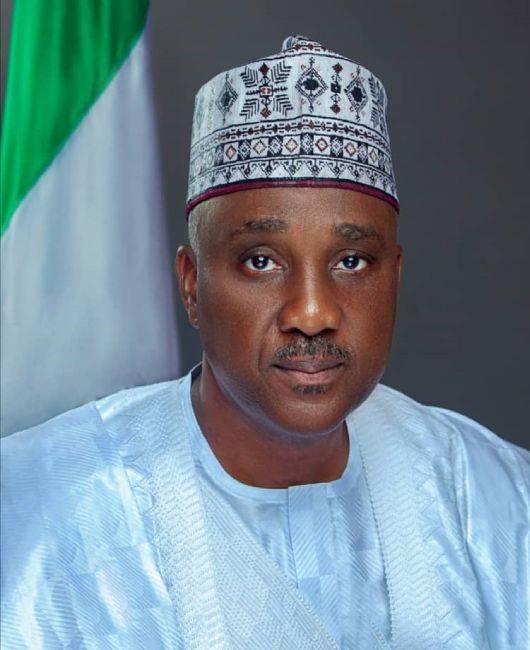
Calls for stronger parliamentary oversight to safeguard Nigeria’s financial future
The Speaker of the House of Representatives, Rt. Hon. Abbas Tajudeen, Ph.D., GCON, has said that President Bola Ahmed Tinubu, GCFR, is working diligently to address Nigeria’s public debt challenge through a robust non-oil revenue drive and responsible borrowing practices.
Speaking at the opening of the 11th Annual Conference and General Assembly of the West Africa Association of Public Accounts Committees (WAAPAC) in Abuja on Monday, the Speaker noted that public debt, when prudently managed, could serve as a catalyst for growth and prosperity. He was represented by the Leader of the House, Prof. Julius Ihonvbere.
“Indeed, public debt, when managed prudently, can be a tool for growth and prosperity. Yet, when left unchecked, it becomes a burden that erodes economic stability and threatens the welfare of future generations,” Abbas said.
Organised by the Public Accounts Committee of the House, with support from WAAPAC and international partners, the conference focused on the theme: ‘Strengthening Parliamentary Oversight of Public Debt: The Role of Finance and Public Accounts Committees.’
A statement by the Speaker’s Special Adviser on Media and Publicity, Musa Abdullahi Krishi, stressed that Abbas’ remarks did not advocate for outright rejection of borrowing but for responsible debt management that delivers tangible value to Nigerians. This, he added, aligns with President Tinubu’s Renewed Hope Agenda, which prioritises fiscal discipline, prudent resource use, and investments in critical sectors such as infrastructure, education, green energy, and social welfare.
Last week, President Tinubu revealed that Nigeria had met its 2025 revenue target ahead of schedule, reducing reliance on external loans. “Today I can stand here before you to brag: Nigeria is not borrowing. We have met our revenue target for the year, and we met it in August,” the President said.
At the WAAPAC gathering, Abbas underscored the need for stronger oversight, transparent borrowing practices, and fairer terms of external financing.
He highlighted that Western private lenders hold about 35 percent of Africa’s government debt, multilateral institutions like the World Bank and IMF account for 39 percent, bilateral loans make up 13 percent, while Chinese creditors hold just 12 percent.
He warned that Africa’s dependence on costly commercial loans, often denominated in foreign currencies, exposes economies to market shocks and diverts revenues from essential investments such as roads, schools, hospitals, and innovation.
READ ALSO: U.S. Army veteran urges Gov. Soludo to address alleged threats, justice obstruction
“If Africa is to grow stronger, we must channel more energy into mobilising domestic resources, fostering intra-African trade, and creating financial instruments that serve the continent’s own priorities. Only then can we move from vulnerability to resilience, and from dependency to true economic sovereignty,” Abbas said.
The Speaker added that legislative oversight of public debt is not just a democratic duty but also a moral responsibility to protect citizens’ welfare and safeguard the financial future of the continent.

